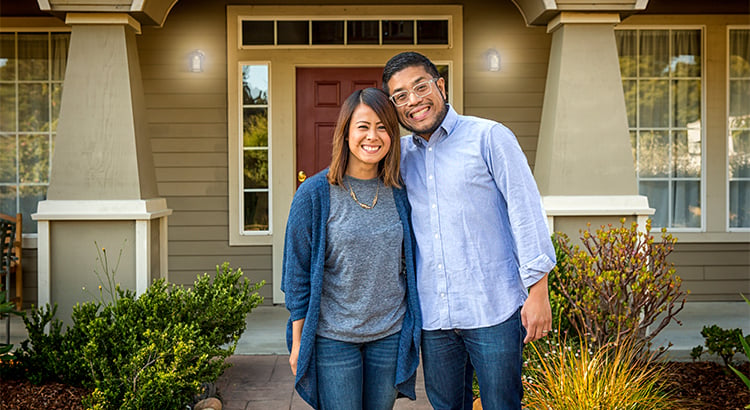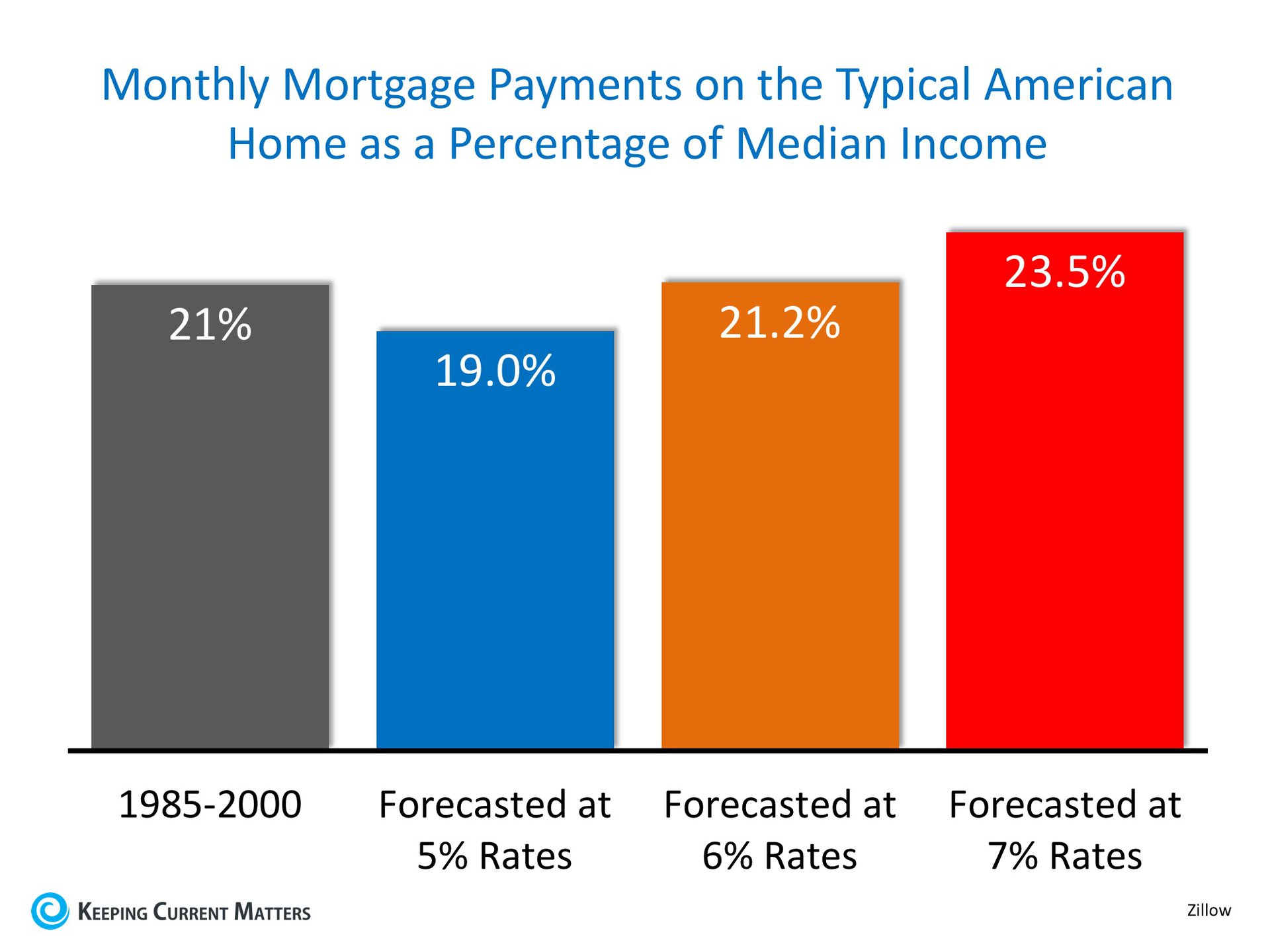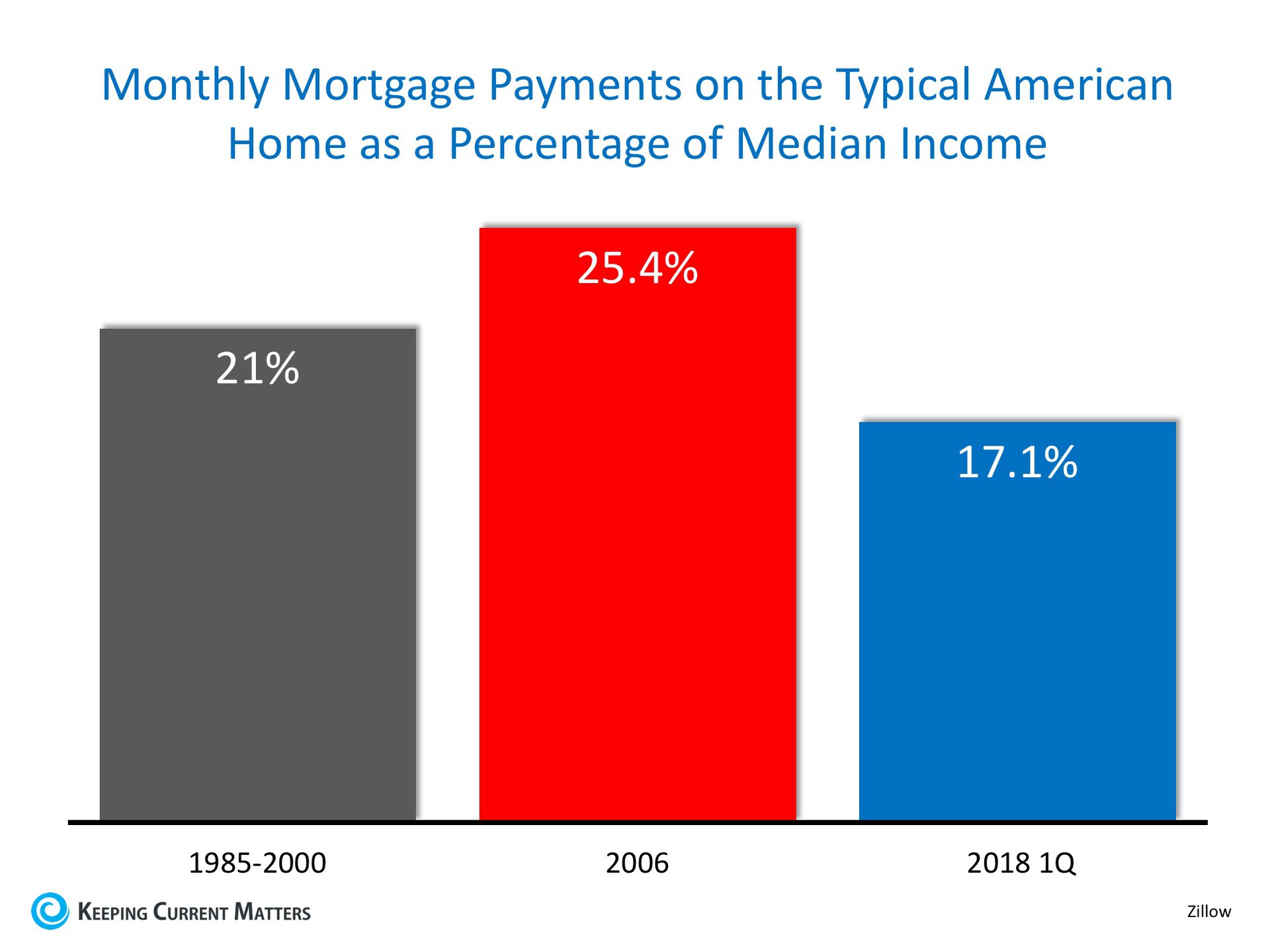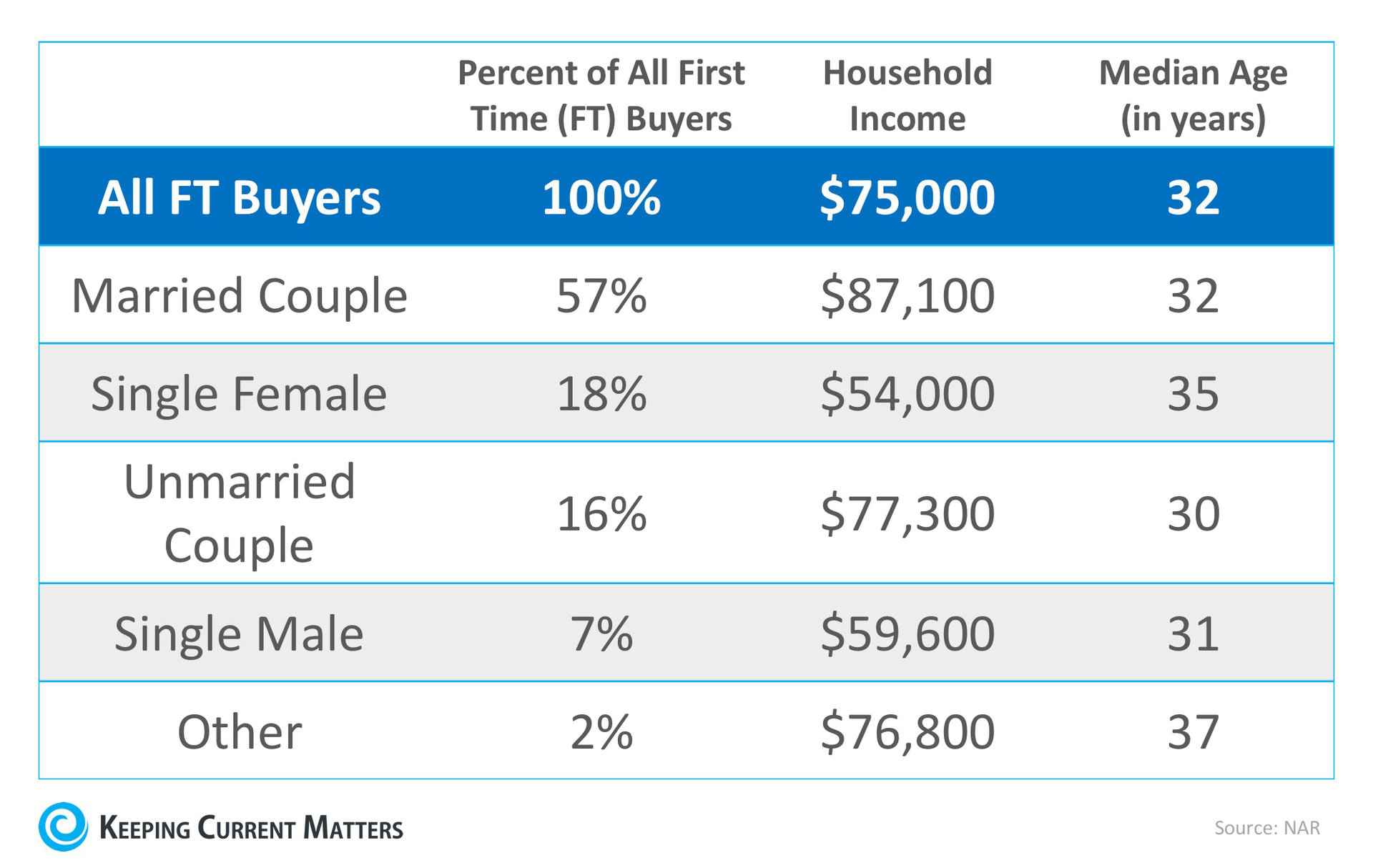Some experts are calling for a slowdown in the economy later this year and most economists have predicted that the next recession could only be eighteen months away. The question is, what impact will a recession have on the housing market?
Here are the opinions of several experts on the subject:
Ivy Zelman in her latest “Z Report”:
“While economic activity appears to have accelerated so far in 2018, some prominent economic forecasters have become more cautious about growth prospects for 2019 and 2020…All told, while solid long-term demographic underpinnings support our positive fundamental outlook for housing, in the event micro-economic headwinds surface, we would expect housing transaction volumes and home prices to weather the storm.”
Aaron Terrazas, Zillow’s Senior Economist:
“While much remains unknown about the precise path of the U.S. economy in the years ahead, another housing market crisis is unlikely to be a central protagonist in the next nationwide downturn.”
Mark Fleming, First American’s Chief Economist:
“If a recession is to occur, it is unlikely to be caused by housing-related activity, and therefore the housing sector should be one of the leading sources to come out of the recession.”
Mark J. Hulbert, Financial Analyst and Journalist:
“Real estate may be one of your best investments during the next bear market for stocks. And by real estate, I mean your home or other residential properties.”
U.S. News and World Report:
“Fortunately – and hopefully – the history of recessions and current issues that could harm the economy don’t lead many to believe the housing market crash will repeat itself in an upcoming decline.”
Source: Keeping Current Matters | The KCM Crew 072018










